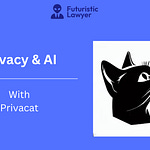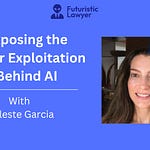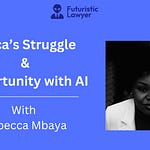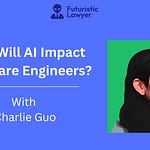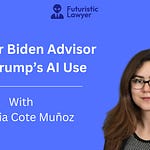Universities still don’t have a plan for generative AI. See a recent post about it from Ian Bogost at The Atlantic here.
The technology has more or less been forced upon them but without guidelines, instructions, or recommendations on how to deal with this new development. Many innovative and concerned teachers, educators, and school administrators are currently trying to find the answers and the right questions to ask.
I recently allied myself with Jeppe Stricker for a conversation about the topic.
See our full conversation here
Find Jeppe's newsletter here 👉 The Future of Higher Education






